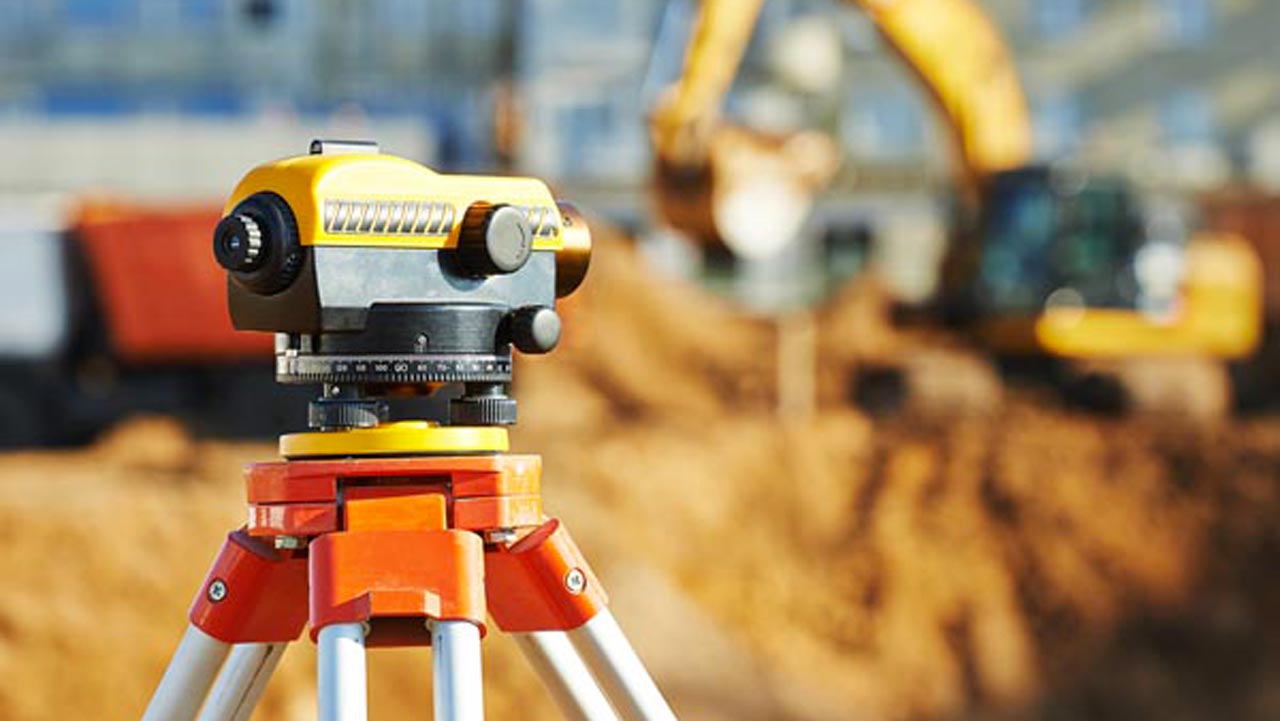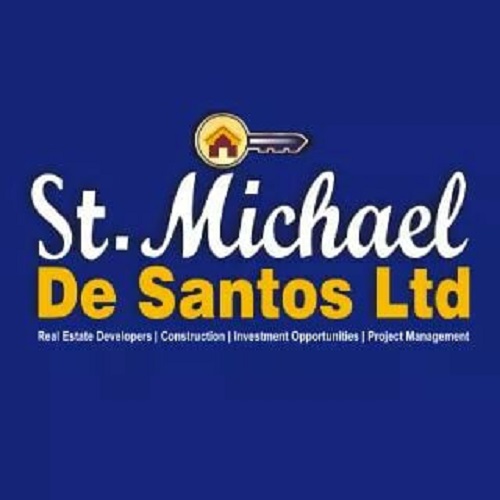
Stakeholders urge surveyors to embrace modern technologies
Stakeholders have called for effective technological development in the surveying profession, which will provide geo-information solutions to the nation’s environmental challenges.
The surveyors, who spoke at the yearly meeting of the Nigerian Institution of Surveyors (NIS) in Abuja, also called for a sustainable improvement programme that would promote sourcing of information for projects.
Speaking on ‘Surveying and National Development’, the Managing Director, Federal Housing Authority (FHA), Senator Gbenga Ashafa, who traced the origin of surveying to the colonial masters, said: “Cadastral surveys were essential for the acquisition of land for the Crown and development of estates, mineral resources, roads and rail designs, as well as survey control establishment, which were their interest then.”
Ashafa advised members of the profession to embrace modern technologies, such as the use of drones to improve surveying, as it is being applied in related areas. The Vice Chancellor, Nasarawa State University, Keffi, Prof. Suleiman Mohammed, who was the keynote speaker, said the use of new technology would allow professionals to capture, assess, process and manage geospatial information effectively.
Muhammed said the introduction of innovations would add value to the survey practice, make it more attractive, offer real time solutions and reduce time spent in acquisition of data, as well as processing it to usable format.
Contributing, the Surveyor General of the Federation, Dr. Abuduganiyu Adebomehin, commended surveyors for advancing innovative technologies, adding that it would lead to effective management of earth resources.
The out-going President, Kayode Oluwamotemi, said professional services in this dispensation are characterised by the use of innovative technologies that cut across professional boundaries, the internet and artificial intelligence.
He said these would provide support for the digital economy and generate activities in the built environment, as well as ensure the potency of knowledge for capacity building.
Source


